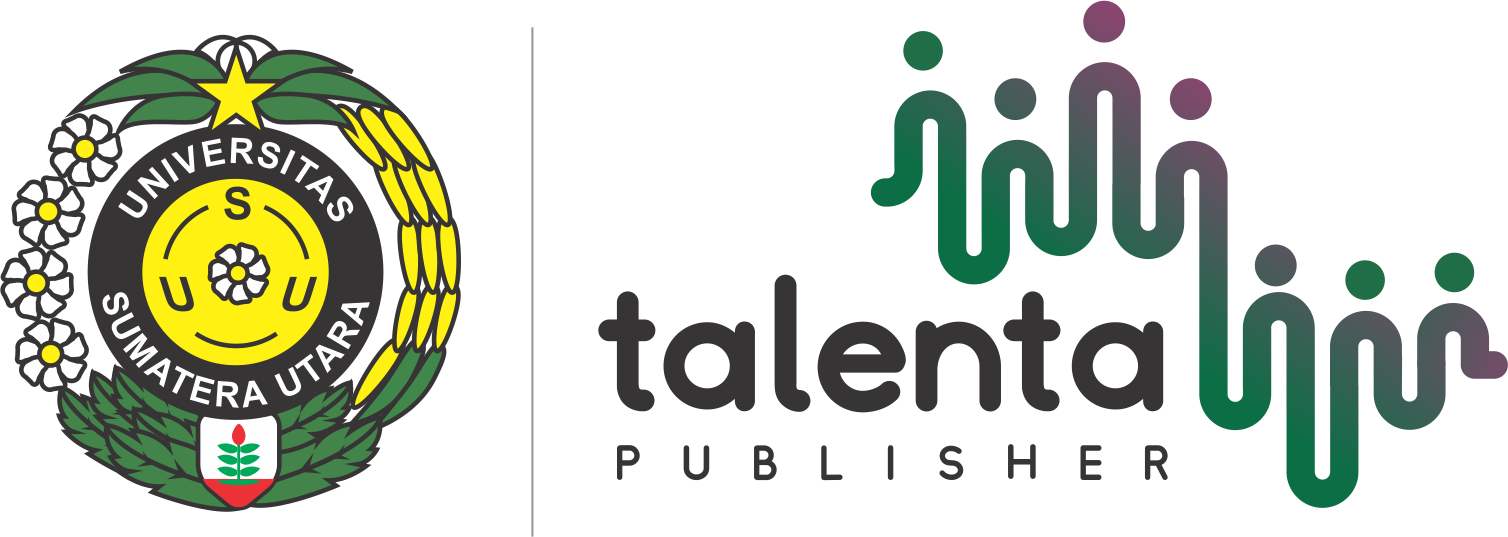Virtual International Seminar
September 12, 2020 – September 13, 2020
Since prehistoric times, Southeast Asia has become a dinamically developing region. The regions of Malaka Strait played a very essential role in international trading activities since the first century. The fast flows at Malaka Strait made it the sphere of influence among Indian and Chinese kingdoms (Briyan, 2019: 79). The Arabian traders coming from Middle East also took part in this trade channel (Burhanuddin, 2017:20). European culture even influenced the cultural patterns of Southeast asian society during the time of colonialism (Rahmawati, 2014: 104). Colonialism has led to structural changes in Southeast Asia. Therefore, the influence of Hinduism-Buddhism, Islam and Western cultures, during the cultrural development within this regiona, has shaped arts cultures and histories in each of Southeast Asian countries. The southeast Asian societies have experienced very rapid and significant changes in the fields of economics, education, socio-culture, and history (see Turner, 2005: 1; Hurrel, 2007: 1). In 1967, along with the reality of socio-cultural and historical similarities shared, ten countries in this region established Association of Southeast Asian Nations (ASEAN) to make Southeast Asia a peaceful, safe, stable, and prosperous region by holding three major pillars, namely Political-Security Society pillar, ASEAN Economic Society pillar, and ASEAN Socio-Cultural Society Pillar. Its vision “One Vision, One Identity, One Community" was declared in 2005 in Malaysia beginning the trend of natural and human resources development in the region of Southeast Asia (The Directorate General of ASEAN Cooperation & Secretary of Directorate General of ASEAN Cooperation, 2019: 5).
The development of information and telecommunication technology has also accelerated the globalization process. It created various new challenges and problems to solve, overcome and answer for the sake of globalization use for life. It could be said that globalization and advancement in information technology had been well applied in many forms of human activities which sparked a variety of issues such as cybersecurity, human rights and foreign workforce, geopolitics of South China Sea, health and education, arts preservation, culture and local wisdom, all of which have attracted serious attention from all countries in this region (Secretary of Directorate General of ASEAN Cooperation & Directorate General of ASEAN Cooperation, The Ministry of Foreign Affairs of the Republic of Indonesia, 2017).
In the end of 2019, Covid-19 or a global pandemic has struck countries all over the world. The countries in Southeast Asia have been fighting many ways to stop the virus lethal infection among the society in this region. Covid-19 has not only changed social behavior and culture, but it has also encouraged fast changes in reproduction of knowledge. The performance of arts, culture, and history is no longer like how it was in normal time before this global pandemic. In fact, the way people perform arts, practice their cultures, use communication, practice traditional ritual, and undergo their life habits have also changed.
The changes in reproduction of knowledge (arts, language, culture, and history) from before and in the time of Covid-19 pandemic are what is being brought up as the theme of this international seminar in cooperation betwenn faculty of Cultural Sciences, University of Sumatera Utara and University of Sains Malaysia. The collaboration of these two universities proposes the theme of “The Development of Arts, Language, Culture, and History in Southeast Asia”.
Keynote Speakers
- Prof.Dato Seri Dr. Md.Salleh Yafaar (University Sains Malaysia)
- Dr. Surasak Jamnongsarn (Srinakharinwirot University Bangkok Thailand)
- Dr. William Bradley Horton (Akita University Japan)
- Dr.Kundharu Saddhono, S.S, M.Hum (University Sebelas Maret Surakarta Indonesia)
- Dr. M.Takari, M.Hum (Universitas Sumatera Utara Indonesia)
Committee
- Dr. Mulyadi, M.Hum. (Chairman)
- M. Pujiono, M.Hum., Ph.D (secretary)
Organizer
In cooperation between Faculty of Cultural Sciences, University of Sumatera Utara - Faculty of Arts and Humanities, University of Sains Malaysia.
The International seminar on languages and cultures in Asia (ISLC-FIB USU)




